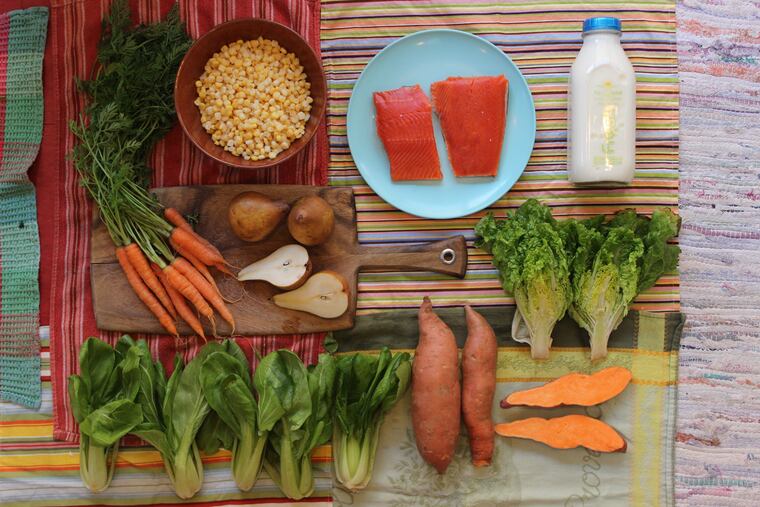It’s time to rethink how you shop for food | Opinion
The coronavirus pandemic created a unique opportunity to commit to a more locally based food system that is better able to handle a crisis.

These are troubling times for the food industry. Due to the coronavirus pandemic, food consumption is changing fast as restaurants, schools, and other community spaces close. This has prompted panic shopping. Many look to stock their shelves with canned and frozen food, as I did the early moments of the crisis, running out to Target to buy the last case of San Pellegrino along with essential supplies for my mom. A better response is digging into the soil and planting a victory garden, as a seed keeper, Nate Kleinman, is promoting on social media. Gardening will likely reduce anxiety along with increasing food security.
Understanding the moment, I also propose that we currently have a window of opportunity to commit more fully to a more locally based food system that is more capable of managing crises — such as the one that we are in and the climate crisis that we are predicting to happen — and to improve general quality of life. Fortunately, our region has already developed an extensive locally based food economy, with a plethora of farms, organizations, and businesses.
Two ways to support this local food system are by joining a locally based community-supported agriculture (CSA) program (thereby supporting farmers through the growing process and not just after) and becoming a member-owner of a food cooperative. Other than growing your own food, these are the two best ways of supporting a local food system because they offer many other benefits, such as reducing stress for busy farmers and creating a more equitable food system by improving food access. Now is the time to sign up for a CSA program, as farmers are starting to grow food for weekly or biweekly boxes of produce. Importantly, there are CSA programs, such as Greensgrow, that subsidize the cost to make healthy food affordable and accessible. Moreover, Philadelphia has a blossoming food cooperative community, from the Swarthmore Co-op, the third oldest in the country, to ones in Kensington and South Philly that are just beginning. These civic institutions work to promote justice and equity in the food system.
Additional ways to support local farmers and businesses is by purchasing from an independent grocer, shopping at a weekly farmers market, ordering online from local distributors, or simply buying beer from small, locally owned companies. Perhaps if you are young and have found newfound flexibility, you can even become a farmer.
In this bizarre period, we have a special opportunity to make the changes work for our community. While the inclination might be to order everything on Amazon or fill up a shopping cart at the big-box store, it is the time to fully commit to our local food economy, which will improve our ability to manage current and future crises. It is spring, and food is growing! More immediately, this will make the summer more appetizing, whether we can congregate or not.
Zachary Goldberg researches agriculture and food systems and is currently pursuing his doctoral degree in geography at Penn State University.